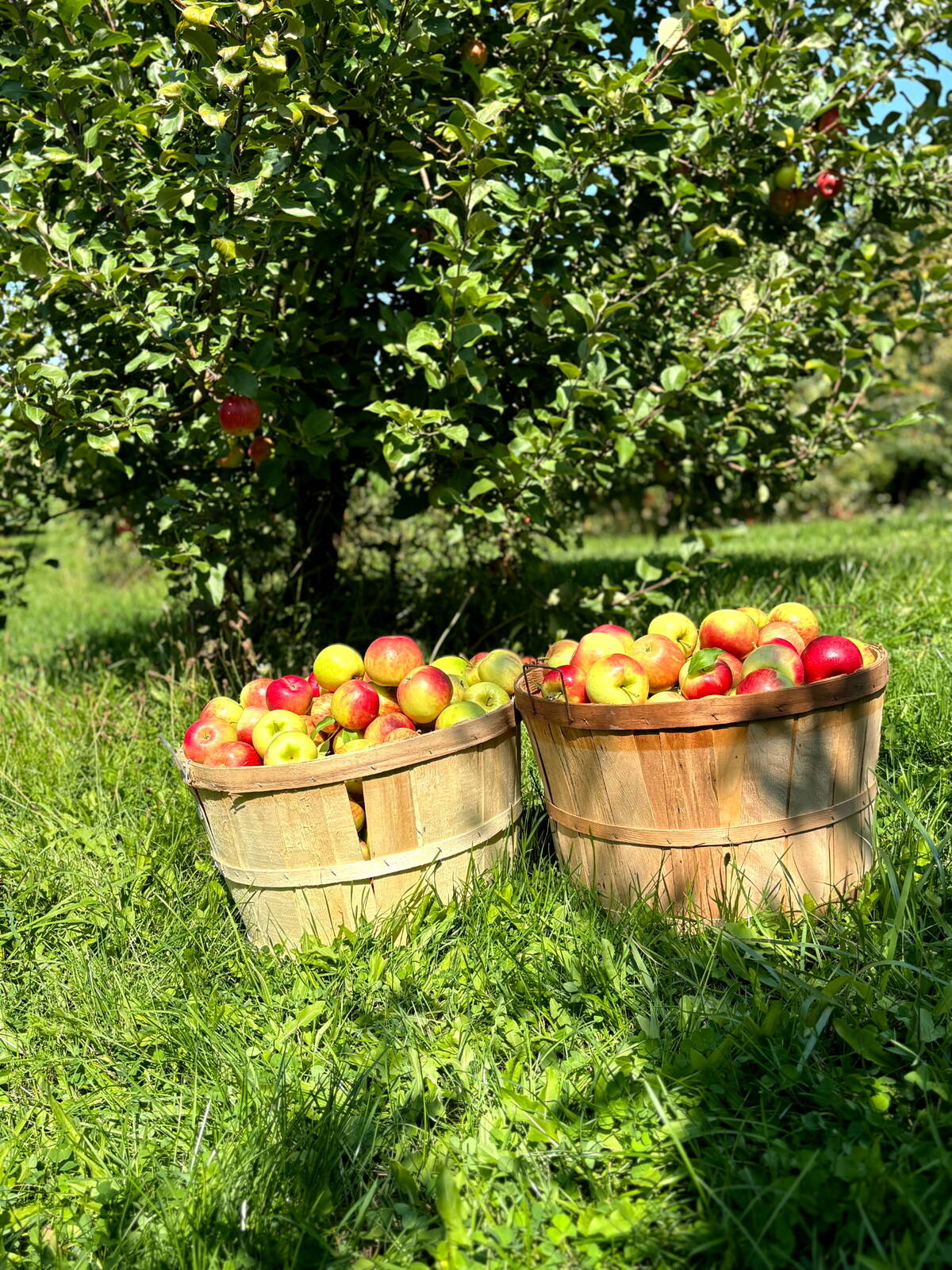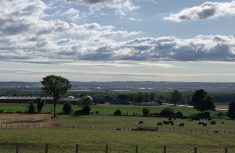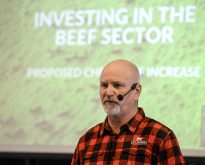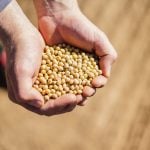After years acting as organizational leaders in Ontario’s farm sector, Dave Stewart of Beef Farmers of Ontario (BFO), and Neil Currie, who was for 19 years general manager of the Ontario Federation of Agriculture (OFA), see great potential for the farm and food sector. However, both believe co-operation and ongoing efforts to foster new leadership will be key.
Both Currie and Stewart retired this summer. Farmtario talked to them about what they see as barriers to future growth for the sector as well as their thoughts on leadership in Ontario agriculture.
Read Also

Farmers taking to social media to spread the word about the cost of farm thefts
A rash of farm thefts in Ontario have left farmers looking for new ways to help customers understand the cost of stealing goods.
Dave Stewart
“It’s a tough industry to make a living, but there’s a lot of potential,” says Stewart regarding beef farming in Ontario.
After 15 years as BFO’s executive director, he believes, he believes growing new markets for Ontario products is critical. For beef specifically, this includes pursuing agreements with countries like Japan, and others (such as Indonesia and Malaysia) where developing middle classes are driving demand for high-quality protein. Ontario producers, he says, are well-suited to fill demand.
Stewart also says strategies designed to drive demand at home – as well as efforts supporting greater consumer knowledge – are important.
“I’m particularly excited about BFOs Ontario Beef strategy which aims to raise awareness with consumers with the exceptional product we produce,” he says.
Limitations on industry growth are a problem, however, particularly when it comes to expanding the provincial herd. According to Stewart, this is largely a result of high land costs which continue to price-out beef farmers in much of the province. For this reason, he says BFO and others in the sector see greater opportunity in northern Ontario. This includes finding ways to relax the “land barrier” on Crown land for agricultural expansion.
Fostering new leaders within the beef sector is critically important for Stewart. BFO’s BUILD Leadership program, he says, continues to encourage new generations of beef farmers to get involved by giving them the confidence to step-up and provide leadership in and outside their county.
“I believe leadership development is really important for all ag associations,” he says.
“More than half of the board was trained in leadership through this program […] Sometimes people need a nudge. They can learn to do this, and all the producers have something to contribute.”
Neil Currie
Currie says there is tremendous opportunity for Ontario’s agriculture sector to prosper. The challenges are many, however, and include the behemoths of government-derived barriers, as well as effective communication.
“The regulations have been stifling,” says Currie. “Everybody appreciates we need regulation, and we rely on regulation to conduct our business, but it can get silly.”
The failure of governments, whether provincial or federal, to adequately support farmers during crises and market unpredictability (trade wars) is another barrier for the farm community.
“The trade challenges are ridiculous these days,” he says, adding it’s sad to see some levels of government failing to step-up when it’s clear current safety nets are not adequate.
However, Currie says these issues and others can be remedied with
co-operation and problem-solving. This means working together as a sector and speaking from a more unified position.
Approaching issues as a community – and providing solutions to problems, not just grievances – has proven very effective in the past. Working directly with the government shouldn’t be shied from either. Currie says developing and communicating ideas to government, is critical to developing effective policy.
“It’s a different world then it has been in the past, and it’s being effective. I think politicians are having some difficulty understanding because they’re removed from the business […] but we are getting some interesting output, federally at least, particularly from the Senate,” he says.
Co-operation is also imperative for public trust, which Currie believes has been eroded, in part, because of misinformation and missed opportunities in food literacy during the last several decades.
“We need to get people to understand what we do is very different than their world, but it’s very important to their world,” he says. We should partner with governments, and they should be supportive of people producing food […] We should be partnering with them every step of the way.”
Currie adds the depth of experience held by those working in the agri-food sector is a great strength, and encourages new leadership to pursue cooperation.
“It’s really the people. If you really want high quality people with a huge depth of experience, hire someone out of agriculture.”









![Pictured from left to right: Zone 6 Director Crispin Colvin, Zone 14 Director Vanessa Renaud, Zone 9 Director Mark Reusser, Mary Brander, Bobby Robinson, Kyla Lewis, and Alaina MacDonald at the OFA annual general meeting in Toronto on Nov. 26, 2024. [Not pictured: Kaylee Wells].](https://static.farmtario.com/wp-content/uploads/2024/11/26215233/7937BC92-CFBB-47F5-A147-920943E02059-235x132.jpeg)



